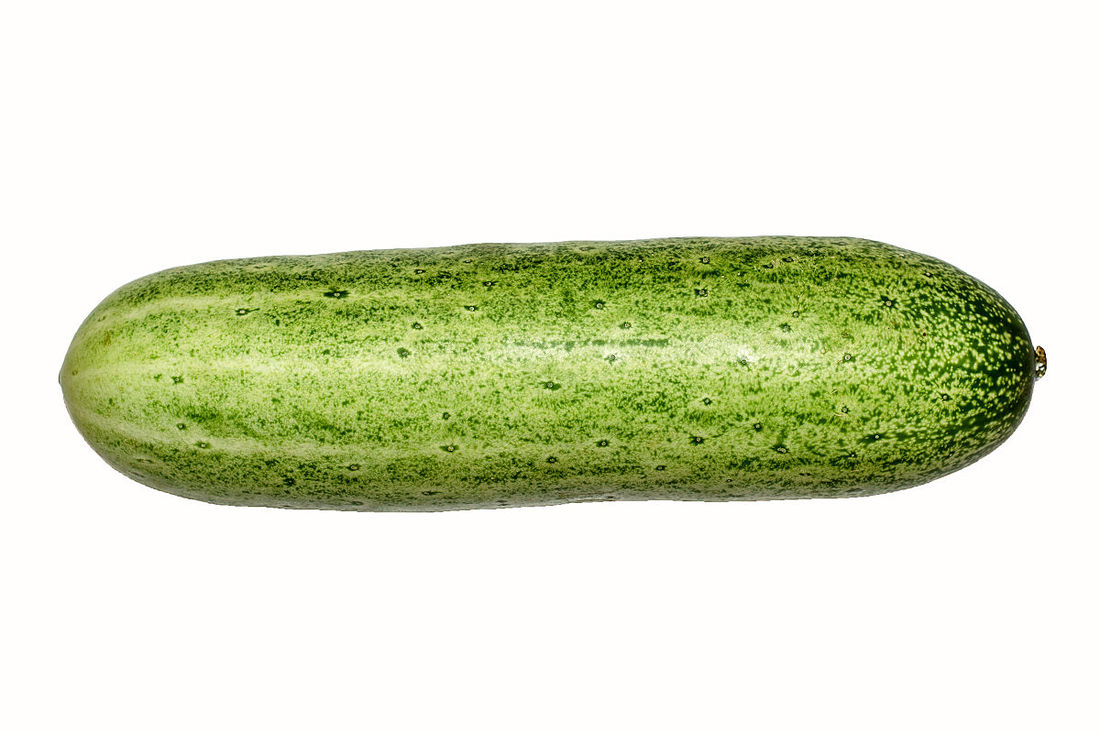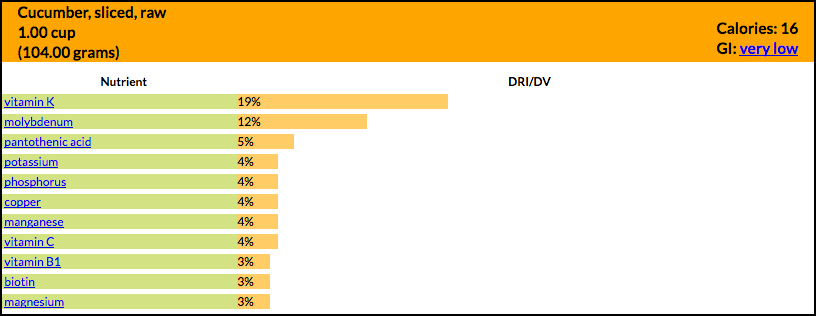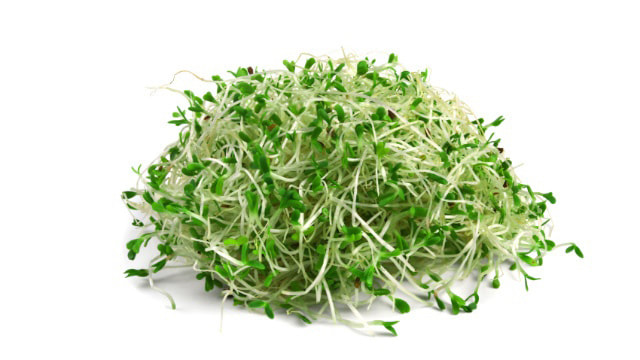|
The fourth most widely cultivated "vegetable" in the world, the cucumber, related to both the melon and squash families, is technically a fruit. With its mild, refreshing flavor that mixes so well with other garden offerings, cucumbers are actually 90% water, but still manage to provide many valuable health benefits. Scientifically known as Cucumis sativus, commercial production of cucumbers is usually divided into two types:
Seedless cucumber varieties are attained through a natural parthenogenesis process, which allows them to produce without pollenization. While seedless cucumbers are popular in the marketplace, the seeds do contain a number of valuable nutrients that are sometimes absent in the rest of the fruit. Nutrients and Health Benefits Cucumbers provide a unique combination of nutrients. At the top of the phytonutrient list for cucumbers are its cucurbitacins, lignans, and flavonoids. These three types of phytonutrients found in cucumbers provide us with valuable antioxidant, anti-inflammatory, and anti-cancer benefits. Specific phytonutrients provided by cucumbers include:
Together, it has been observed that, the nutrients present in cucumbers are able to:
Selecting Cucumbers Since cucumbers can be very sensitive to heat, it is advised to choose those that are displayed in refrigerated cases in the market. Cucumbers should be firm, rounded at their edges, and their color should be a bright medium to dark green. Avoid cucumbers that are yellow, puffy, have sunken water-soaked areas, or are wrinkled at their tips. As with all vegetables, it is recommended to select organically grown varieties when possible. Repeated research studies on organic foods as a group show that your likelihood of exposure to contaminants such as pesticides and heavy metals can be greatly reduced through the purchased of certified organic foods, including cucumbers. In many cases, you may be able to find a local organic grower who sells cucumbers but has not applied for formal organic certification either through the U.S. Department of Agriculture (USDA) or through a state agency. However, if you are shopping in a large supermarket, your most reliable source of organically grown cucumbers is very likely to be cucumbers that display the USDA organic logo. Storing Cucumbers Cucumbers should be stored in the refrigerator where they will keep for several days. Cucumbers should not be left out at room temperature for too long as this will cause them to wilt and become limp. Whenever food is stored, four basic factors affect its nutrient composition:
Vitamin C, vitamin B6, and carotenoids are good examples of nutrients highly susceptible to heat, and for this reason, their loss from food is very likely to be slowed down through refrigeration. If you do not use the entire cucumber during one meal, place it in a tightly sealed container so that it does not become dried out. For maximum quality, cucumber should be used within one or two days. Preparing Cucumbers Rinse cucumbers under cold running water and scrub with a natural bristle brush before slicing. There are many ways to cut cucumbers, depending on how you will be serving them. Peel cucumbers if they are not organically grown. Cut off and discard ends. Cut the cucumber widthwise to achieve the desired thickness. Cucumbers are sometimes salted to draw out excess liquid. Salting cucumbers is not recommended because they become limp and overly salty. References Kumar, D., Kumar, S., Singh, J., Narender, Rashmi, Vashistha, B. and Singh, N. (2010). Free Radical Scavenging and Analgesic Activities of Cucumis sativus L. Fruit Extract. Journal of Young Pharmacists, 2(4), pp.365-368. https://doi.org/10.4103/0975-1483.71627
Lee, D., Iwanski, G. and Thoennissen, N. (2010). Cucurbitacin: Ancient Compound Shedding New Light on Cancer Treatment. The Scientific World JOURNAL, 10, pp.413-418. https://doi.org/10.1100/tsw.2010.44 Mateljan, G. (2017). Cucumbers. [online] Whfoods.com. Available at: http://www.whfoods.com/genpage.php?tname=foodspice&dbid=42 [Accessed 14 Sep. 2017]. Mercola, J. (2017). What Are Cucumbers Good For? - Mercola.com. [online] Mercola.com. Available at: http://foodfacts.mercola.com/cucumber.html [Accessed 14 Sep. 2017].
0 Comments
Benefits of Broccoli Sprouts Broccoli sprouts, a cruciferous vegetable, have recently become popular after researchers discovered that they abundant in sulforaphane, a phytochemical with tremendous health benefits. Researchers have observed that sulforaphane:
Items Required
Instructions
|
This portal contains research, news, information, observations, and ideas at the level of self in an effort to address lifestyle applications.
Archives
June 2024
Categories
All
|




 RSS Feed
RSS Feed

